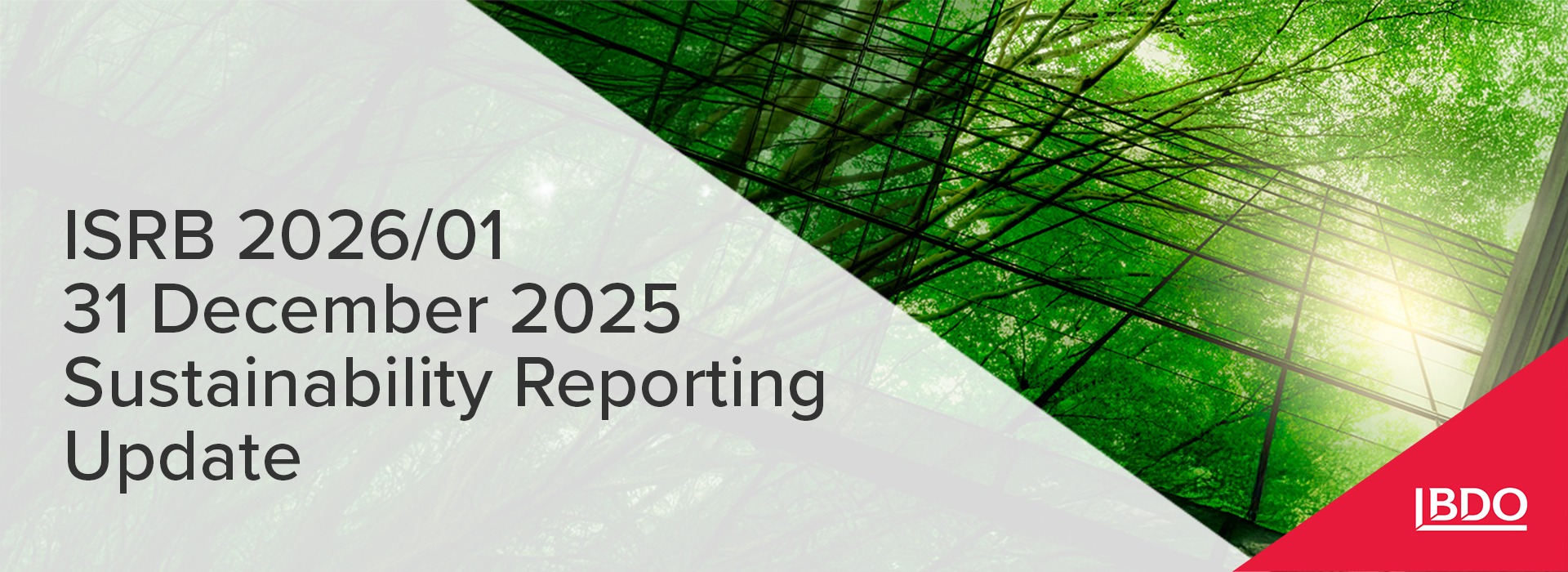The unprovoked, full-scale Russian invasion of Ukraine has inflicted unprecedented losses on individuals and businesses in Ukraine. Multiple residential buildings, factories, and other infrastructure facilities have been damaged or destroyed. The cost of direct war damage caused to Ukraine’s infrastructure had reached USD 92 billion in earlier May 2022.
Those affected have already taken measures to document the damage and collect evidence of the Russian war crimes in Ukraine. However, despite Russia’s appalling violations of national and international laws, the practical mechanisms of how to make Russia pay for the damage its agents have inflicted remain a work in progress.
As the damage has been inflicted in Ukraine, many of the victims consider the Ukrainian courts as a primary forum for seeking remedies against Russia. However, legal obstacles such as Russian sovereign immunity from adjudication and enforcement in Ukraine, and the lack of procedures for capturing sanctioned assets to compensate war damage, have lessened the prospects of suing the aggressor state in the national courts.
To tackle these hurdles, the highest Ukrainian court recently adopted a new approach that enables private parties to sue Russia in local courts. In addition, the Ukrainian parliament has passed a law which entitles anti-corruption courts to nationalise the assets of the sanctioned persons, the proceeds from which will be used to compensate for war damage.
As we elaborate below, although incomplete, these steps make the path towards compensation for war damage in Ukraine much more promising.
The competence of the Ukrainian courts to resolve war damage lawsuits involving Russia — is the courtroom door open?
When Russia first invaded Ukraine in 2014, many affected parties filed lawsuits against Russia with the local courts, seeking pecuniary and non-pecuniary damage compensation from the aggressor state. However, the Ukrainian courts have consistently been dismissing those lawsuits due to the Russian immunity from adjudication in Ukraine.[1]
This is because Ukrainian law provides foreign states (including Russia) with an immunity for itself and its property from provisional measures or a suit, unless a state expressly gives its consent to those actions or otherwise is provided by law or international treaties.[2] The international conventions such as the UN Convention on Jurisdictional Immunities of States and Their Property and the European Convention on State Immunity (the Immunity Conventions) provide exceptions to the immunity rule, but Ukraine is not a party to those conventions.
Despite this, in a recent Supreme Court decision (case No. 308/9708/19), the court departed from the conventional application of the immunity rules regarding Russia and effectively waived Russian immunity from the war damage lawsuits in civil proceedings in Ukraine.[3]
In the case considered by the Supreme Court, a Ukrainian widow brought a lawsuit against the Russian Federation, seeking recovery of moral damage in connection with the death of her husband (a Ukrainian soldier) due to the Russian military action in eastern Ukraine. The widow argued that the Russian Federation breached Article 2 (right to life) and 8 (right to respect for private and family life) of the European Convention on Human Rights and, therefore, had to compensate the moral damage to her and her children in a total amount of EUR 180,000.
The trial court dismissed the claim for immunity reasons, and the appellate court suspended the appeal proceedings pending the consent of the Russia Embassy to participate in the proceedings.
In turn, the Supreme Court nullified the reasoning of the lower instance courts and found that Russian immunity could be waived for war damage compensation proceedings.
Specifically, the Supreme Court’s conclusion was based on the following:
- The Immunity Conventions recognise instances where state immunity does not apply in civil proceedings, e.g. cases concerning pecuniary and non-pecuniary damage inflicted by the state in a foreign jurisdiction.
- Ukraine is not a party to the Immunity Conventions, but the latter reflect a tendency in international law to provide certain limits within which a foreign state is entitled to claim immunity in civil proceedings.
- The Ukrainian citizen initiated the dispute against Russia for compensation for moral damage allegedly inflicted to another Ukrainian citizen by Russian agents in Ukraine.
- The Russian invasion of Ukraine cannot be deemed a legitimate exercise of its sovereign rights, as its actions constitute a violation of the UN Charter and Ukrainian sovereignty and territorial integrity.
- Any dispute between a Ukrainian citizen and an entity or a foreign state (including Russia) arising out of an offence committed in Ukraine and resulting in damage, can be considered and resolved by the Ukrainian courts.
The court also found that there is no need to send requests to the Russian Embassy in Ukraine for Russia's consent to be a defendant in damage lawsuits in connection with Russia’s armed aggression against Ukraine. Furthermore, as the court stressed, the closure of the Russian Embassy in Ukraine after Russia’s invasion in February made the submission of such requests to the Embassy impossible.
Rendered after Russia launched its full-scale invasion of Ukraine, the Supreme Court decision couldn’t come at a better time for the victims of Russian atrocities. While the government is still developing the legal framework for evaluating and compensating war damage,[4] the affected parties obtained a robust precedent to support their claims to Russia in the Ukrainian courts and recognise Russia’s responsibility for the war damage inflicted on Ukraine.
At the same time, the underlying legal reasoning of the Supreme Court decision does raise serious concerns. The court relied on the Immunity Conventions that, as they have not been ratified in Ukraine, are formally not a source of Ukrainian law.[5] Furthermore, the court essentially applied the tort exception referring, inter alia, to “a tendency in international law”, while the International Court of Justice has explicitly found a similar exception claimed by Italy in a dispute with Germany as not being part of international customary law.[6] Finally, the court omitted to address its previous decision, in which it dismissed similar war damage lawsuits due to the international obligations to respect Russian immunity under the Vienna Convention on Diplomatic Relations[7] (even though Ukraine cut diplomatic ties with Russia after full-scale invasion).
It is true that, given the conflicting jurisprudence of the Supreme Court, and insufficiently clear legislative guidance on sovereign immunity, Ukrainian courts will now have to grapple with the challenge to adopt a unified approach towards resolving private parties’ claims against Russia in Ukraine.
A potential solution to this problem, however, could be provided by the Grand Chamber, the highest structural division of the Supreme Court, which is authorised to resolve exceptional legal problems. In addition, amendments to existing Ukrainian laws regulating the sovereign immunity regime in Ukraine could be instrumental in addressing outstanding issues of suing Russia in Ukraine, such as the court’s power to impose interim measures against Russia, the allocation of territorial and subjective jurisdiction between different courts, the procedure for summoning Russia (if at all), etc.
Is there any realistic way to enforce court decisions against Russia’s assets?
In the above-mentioned Supreme Court decision, the court effectively waived Russian immunity from adjudication but did not comment on another essential element of war damage recovery: Russian immunity from enforcement proceedings in Ukraine.
Thus, when affected parties secure Ukrainian court decisions ordering Russia to pay for war damage, they can be barred from enforcement due to Russia’s immunity from the execution of court judgments unless, ideally, the Ukrainian legislator (or the Supreme Court for that matter) waives this element of Russia’s immunity either.
Nevertheless, despite difficulties with enforcing court decisions against Russia in Ukraine, there are still benefits in obtaining an enforceable court decision against Russia in the national courts.
Firstly, the affected party will be able to seek enforcement of its claims, confirmed by the Ukrainian courts, in foreign jurisdictions based on existing treaties for mutual legal assistance or a reciprocity basis, even despite the risk that some foreign courts may be reluctant to enforce decisions against Russia due to public policy/immunity concerns.
Secondly, Ukrainian court decisions against Russia can contribute to the formulation of a new global approach to waiving Russia’s sovereign immunity in cases concerning the compensation of human rights violations to the victims of the Russian war in Ukraine. It is possible that the foreign adjudication bodies will be receptive to new arguments against Russian sovereign immunity in light of the committed war crimes and Russia’s disdain for the intentional legal order.
Thirdly, such court decision will be robust evidence of Russia’s responsibility for sustained damage under the procedures for compensation for war damage in Ukraine, currently developed by the Ukrainian government.[8]
One of the sources for such compensations may soon become the proceeds from assets of the sanctioned persons in Ukraine. In concert with other Western initiatives, the Ukrainian parliament recently revised its sanctions legislation and adopted a law which establishes an expedient judicial procedure for nationalizing the blocked assets during martial law, currently in effect in Ukraine.[9] As the authors of the law state, the proceeds from the nationalized assets will be used, among others, to pay compensation to the victims of Russia’s war.[10]
This law provides that the blocked assets of sanctioned persons can be nationalised in favour of the state on the court’s decision. The National Agency on Corruption Prevention is entitled to file an application against the sanctioned persons with the High Anti-Corruption Court, seeking the nationalisation of blocked assets. After the judicial decisions on the nationalisation of sanctioned persons’ assets comes into force, the Cabinet of Ministers of Ukraine will be required to determine the authority and the procedure for their enforcement.[11]
Conclusion
Recent developments in Ukrainian jurisprudence have essentially contributed to lifting a key legal obstacle that previously barred private parties from successfully suing the Russian Federation in Ukraine. By waiving Russia’s sovereign immunity from adjudication, the Supreme Court tacitly invited parties, who sustained losses due to the Russian war in Ukraine, to bring lawsuits against the aggressor state to the national courts, even in view of likely procedural complications yet to be resolved in law and practice.
In any event, instituting court proceedings against Russia in Ukraine will be useful for private parties as it may provide them with the opportunity to receive enforceable claims against Russia in foreign jurisdictions where Russian assets are located and seized. The prospects of successful enforcement will of course depend on a particular jurisdiction and the choice of legal strategy, but in a larger sense, given the global support for Ukraine in the war with Russia, it is possible that foreign jurisdictions will be ready to efficiently enforce war damages on affected parties at the expense of Russia’s assets.
[1] See, e.g. Resolution of the Supreme Court dated 13 May 2020 No. 711/17/19 and Resolution of the Supreme Court dated 3 June 2020 in case No. 357/13182/18
[2] Art. 79 of Law of Ukraine on Private International Law
[3] Resolution of the Supreme Court dated 14 April 2022 in case No. 308/9708/19. Due to martial law restrictions introduced in Ukraine, access to the state court register is restricted and the full text of the resolution of the Supreme Court is not publicly available yet. However, in the official press release, Supreme Court disclosed the relevant findings of the Supreme Court regarding Russian immunity, which we used for our analysis
[4] https://cutt.ly/EGDZZN3
[5] The Immunity Conventions were conspicuously ratified by a minority of states: eight states ratified the European Convention on State Immunity (Council of Europe data) while 22 countries ratified the UN Convention on Jurisdictional Immunities of States and Their Property (UN Treaty Collection data). The mentioned UN Convention have not yet entered into force
[6] https://cutt.ly/OGCYCIv
[7] Resolution of the Supreme Court dated 13 May 2020 No. 711/17/19
[8] See, e.g. the Draft Law on Compensation for Damage and Destruction of Certain Categories of Immovable Property as a Result of Combat, Terrorist Acts, Sabotage Caused by Military Aggression of the Russian Federation
[9]https://cutt.ly/tGKjgST
[10] https://cutt.ly/qGCYjqi. The law itself does not establish any redistribution mechanism, but the draft laws establishing the procedure for compensation of certain war damage to private parties has already been registered in parliament
[11] https://cutt.ly/tGKjgST



























